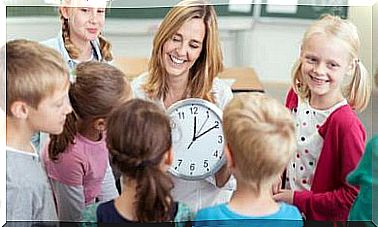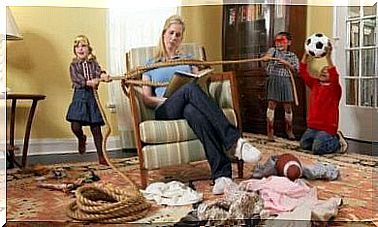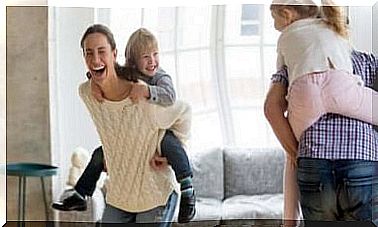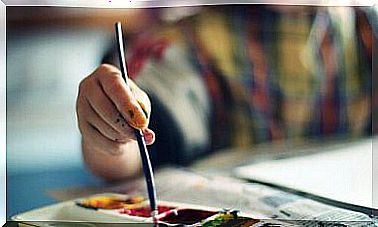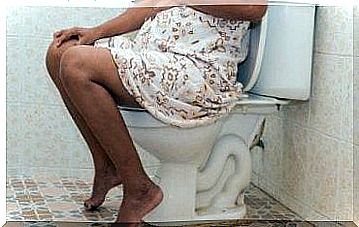Optimistic Parents, Optimistic Children – Being Parents

If parents are optimistic at home, the atmosphere will be conducive to growth and personal development for all members of the family, especially children. It is for this reason that psychologists have determined that optimism at home is the magic ingredient for our children to develop their confidence and integrity.
It is important that we focus as a priority on emotional education and that we constantly enrich ourselves with tools and solutions. Indeed, these will facilitate family life and help us maintain harmony at home. This will undoubtedly make it easier to overcome the various difficulties of life.
Below we’ll explain in more detail why it’s important for parents to be optimistic. We will also give you some tips to apply on a daily basis.
Optimistic parents, optimistic children
Although this sounds like a very simple formula, it involves significant logistics. When a couple of parents decide to become optimistic, she does not remain in abstraction of the concept but gradually moves towards practice.
As the saying goes: “He who hurries too much stays on the way”. Thus, a positive, healthy and beneficial lifestyle is built step by step. All actions count.

Optimistic parents who decide to educate their children in this way, from an early age, not only help them grow in values. They also give them a constructive critical attitude which leads them, even, towards self-knowledge. This is why they are able to develop good self-esteem, self-confidence, courage, empathy.
We insist: optimism does not seek a fanciful world and does not deliberately ignore the difficulties and negative aspects of reality. On the contrary, it invites to know reality in its totality. It is also being aware that if everything is not easy, we can always learn from adversity to be able to move forward.
It also means knowing that circumstances change and that we have to learn to be flexible.
Children whose parents are flexible will always seek the solution to their problems, without stagnating in suffering. This attitude will allow them to enjoy a better quality of life, in general. They will also inspire other children their age. Over time, they can become a good role model.
Victimization is harmful to emotional health
Complaints are directly linked to victimization and possibly low self-esteem.
If we have difficulty seeing the positive aspects of ourselves, we will start repeating the following sentences to ourselves. “I’m out of luck”, “All is well for the others and mine is not”, “I am in constant failure”, “We are different from other families” (from a negative point of view ).
When adopting victimizing and negative language at home, the child adopts a passive, defeatist attitude towards life. This will lead him to stop struggling to live better and get what he wants. He will believe that he has no control over his life and that no matter what he does, everything will go wrong.
In addition, excess self-criticism is also harmful for personal development. Indeed, they will feel insufficient no matter what they do or how much they strive.
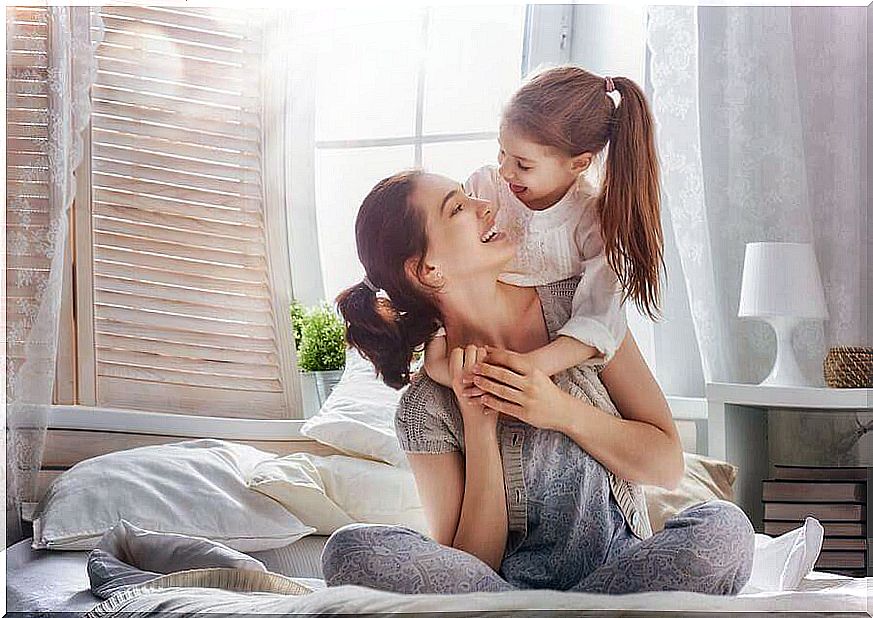
Tips for avoiding negativity at home
- Avoid victimizing and destructive language. Prefer the creative solution to the problem. Cultivate self-esteem and promote positive phrases.
- Always direct your attention to the positive aspects of yourself and your children.
- Explain to your child that there are no “perfect lives”, “perfect families” or even “perfect people”. We have all our difficulties despite our efforts. However, success is achieved through our courage and perseverance.
- When your child complains or criticizes others, don’t be supportive. On the other hand, listen to it but be clear that although there are no bad people, we are primarily responsible for our lives.
- Use the “emotional vitamins”. They will help us to stay focused and to strive with enthusiasm and energy.
Parents, you already know, if you want your children to be positive, you have to start by forgetting the negative talk and the attitude of failure at home. Remember, we educate with example more than with advice.


